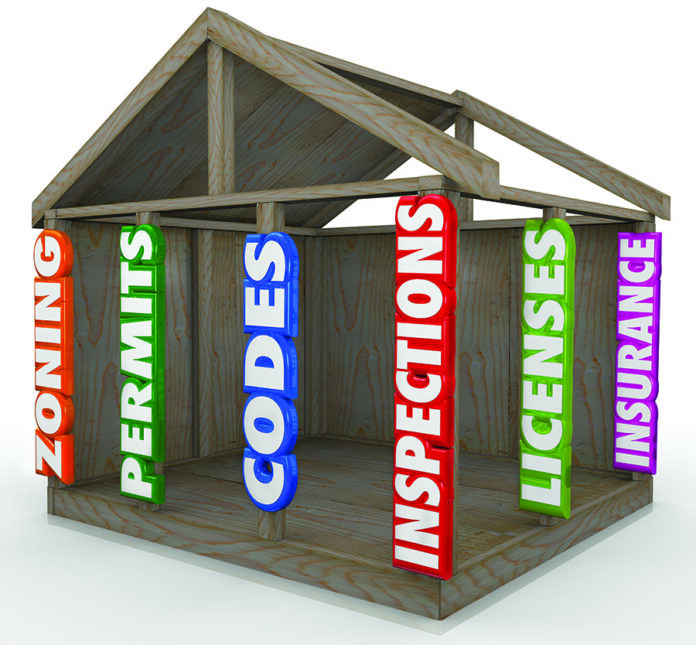What’s the code for tiny homes? How about manufactured homes and modular homes? What do terms like ‘alternative construction’ mean?
As Stacey Freed details in “New Offsite Standards” in this issue, the International Code Council and the Modular Building Institute published two new standards for offsite construction in 2021: ICC/MBI 1200-2021 Standard for Off-Site Construction: Planning, Design, Fabrication and Assembly and ICC/MBI 1205-2021 Standard for Off-Site Construction: Inspection and Regulatory Compliance.
This was a good start at trying to create codes that support the offsite industry. But now the question is, where we go from here? HUD sees offsite construction as the way to meet affordable housing needs in the US. But they also recognize that there are key knowledge gaps, and that research needs to be done on how to overcome the barriers and challenges that keep offsite from fulfilling its potential. That’s why HUD facilitated the creation of the Offsite Construction for Housing: Research Roadmap.
The Offsite Roadmap covers six topical areas in need of coordinated research efforts. The first two are Regulatory and Policy Framework, and Standards and System Performance. As regulation and standards develop for offsite construction, what does that mean for building codes? Will we have separate codes for site-built construction, modular projects built in a factory and the HUD Manufactured Homes? Code confusion is at hand.
It’s hard enough being a consumer/homebuyer in today’s environment. As an industry we fight “M” word confusion (i.e., modular, mobile, manufactured) every day. As we start to develop new codes for offsite construction, how we will communicate with homebuyers so that they know what they are actually buying?
Also, what’s a building code worth if it’s not enforced properly through inspection? We must train code inspectors to know the building code that the building needs to meet. For example, does every building plan reviewer and inspector know about Appendix Q in the 2021 International Residential Code (IRC)? And, has their state adopted the 2021 IRC? If not, a tiny home likely doesn’t meet the applicable code.
A bigger question may be, “Does the American homebuyer even care?” Maybe not when buying — it’s all about the down payment and the monthly expenses for the home they like. But they will ultimately want to know that their home meets code.
Other questions include: Do lenders know what they are lending on? How do appraisers assign a value to the home? How does the home inspector for the new buyer know what he or she is looking at? The entire resale ecosystem of real estate will be impacted as we transition from building homes the way we have always built them to using new, modern methods of construction.
So, what’s in a building code? Everything! Property value, life safety, affordability, sustainability, and the list goes on. Building code confusion can only be blunted with communication and intense education. As an industry, we must get even better at educating the public along with every participant in the ecosystem of real estate.
If you liked this article, you can follow Ken Semler on LinkedIn, where he offers daily insights and commentary about offsite construction.







